Understanding ETL Tools as a Data-Centric Organization
Smart Data Collective
SEPTEMBER 8, 2021
Extract : In this step, data is extracted from a vast array of sources present in different formats such as Flat Files, Hadoop Files, XML, JSON, etc. Here are few best Open-Source ETL tools on the market: Hadoop : Hadoop distinguishes itself as a general-purpose Distributed Computing platform.


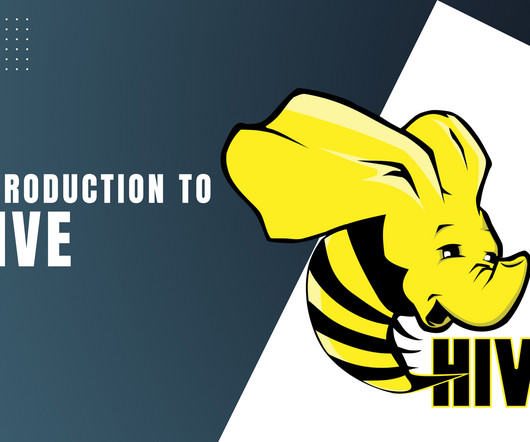
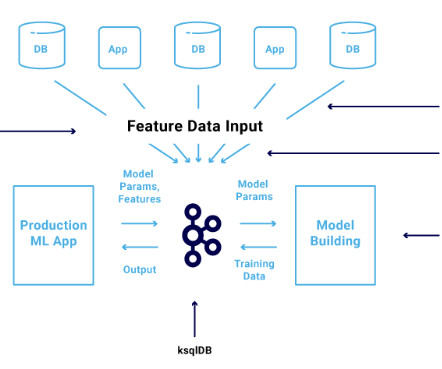
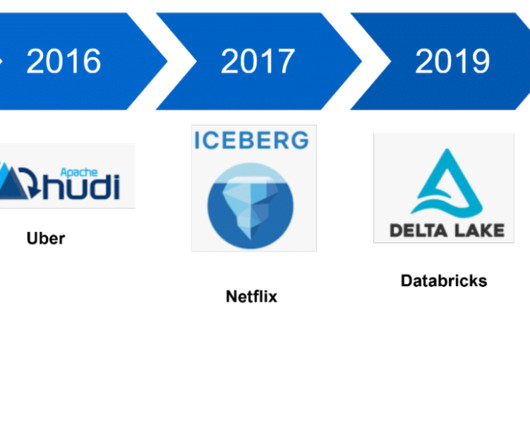



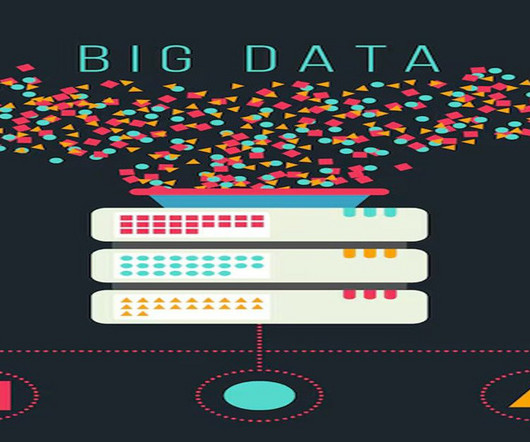
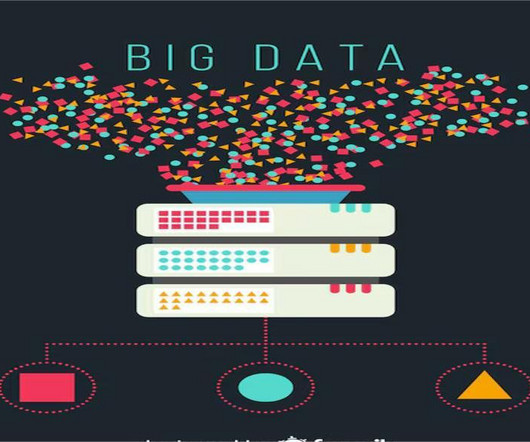








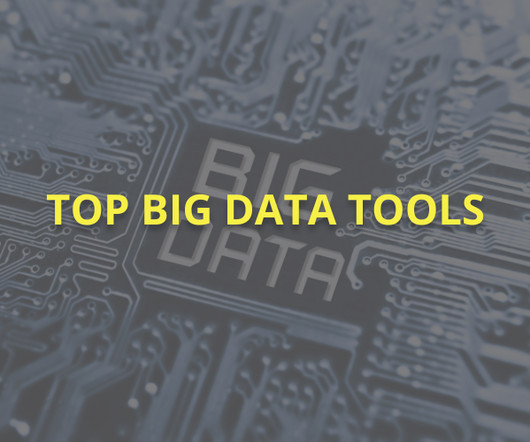






Let's personalize your content